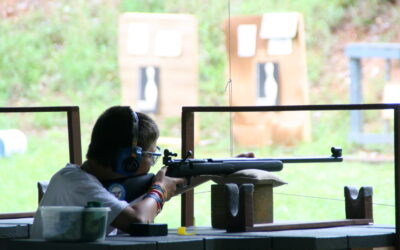
For certain offences, there are minimum terms of imprisonment that a court must impose, absent exceptional circumstances (or it being unjust), these sentences can be automatically imposed even for a first-time offender, or dependent on certain previous convictions. It is worth noting that the actual sentence may be far in excess of the minimum, dependant on the facts involved.
What offences have minimum sentences and what are the sentences?
Burglary
If you have two or more convictions for dwelling house burglary, committed and sentenced on separate occasions, and then commit a third offence you face a minimum sentence of three years imprisonment.
Firearms
Certain firearms offences carry a minimum sentence of 5 years for an adult, or 3 years for a youth aged 16 or 17, in the absence of exceptional circumstances. This includes first time offenders.
The offences include possession of specific firearms as well as possession of a firearm with intent to cause fear of violence or intent to injure, carrying a firearm in a public place, use of a firearm to resist arrest. It also includes possession of any firearm disguised as another object. This includes, for example, a stun gun disguised as a mobile phone or a torch.
Weapons
As of 17th July 2015, possession of an offensive weapon or a blade, on a second occasion, will carry a minimum sentence of 6 months for an adult, or 4 months for someone aged 16 or 17. The sentence must be imposed unless it is unjust in all the circumstances.
Drugs
A minimum 7-year sentence applies to Class A drug trafficking offences in the case of an adult where there have been 2 previous, separate convictions for class A drug trafficking offences, unless it is unjust to impose. The offences include production, supply, possession with intent to supply, importing or exporting, or any attempt or conspiracy to commit these offences.
Does it have to be imposed?
The only reason why a minimum sentence would not be imposed, is if it is “unjust” to do so, or there are “exceptional circumstances” (this depends on the actual offence).
Unjust can refer to the circumstances of the offender, the offence or the previous offences where convictions are relevant. Credit for a guilty plea can also still be applied although it may not be the usual one third reduction for full credit.
How can we help?
It is vitally important that you receive expert advice in respect of plea and potential sentence. For example, a “timely” guilty plea to a third drugs offence could mean the difference between a sentence of 7 years and one of 5 years and 7 months. It may be that you have exceptional circumstances to argue for a lesser sentence.
There is a substantial body of case law dealing with mandatory minimum sentences, and it is vital that this is considered in detail and applied to the facts of your individual case.
We have extensive experience of providing such advice, please contact any member of our vastly experienced Criminal Defence team.
–
Mr John Stokes (John.Stokes@danielwoodman.co.uk),
Mr Anthony Pearce (Anthony.Pearce@danielwoodman.co.uk),
Mr Jonathan Lewis (Jonathan.Lewis@danielwoodman.co.uk),
Ms Sarah Turland (Sarah.Turland@danielwoodman.co.uk),
Mr Daniel Woodman (Daniel.Woodman@danielwoodman.co.uk) or
Mr Lorne Wilkinson (Lorne.Wilkinson@danielwoodman.co.uk).










